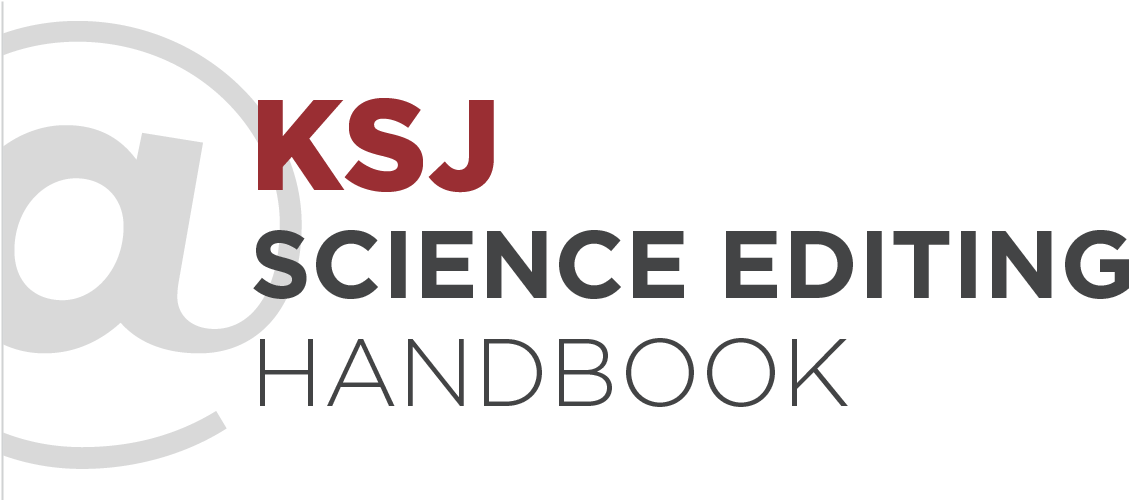Questioning Scientists’ Motives — and the Status Quo
By Tom Zeller Jr. / 5 minute read
Back in 2017, the British science writer Angela Saini and Jonathan Leake, the London Sunday Times science editor at the time, did not agree on whether a new study out of Erasmus University, in Rotterdam, was worthy of coverage. The study purported to find that men’s brain size, larger on average than that of women, results in a higher average IQ compared with women’s. Such research was familiar to Saini. Her 2017 book, Inferior: How Science Got Women Wrong, and the New Research That’s Rewriting the Story, excavated the long history of male-dominated research making unsubstantiated claims about women’s intelligence — often based on dubious and scientifically fraught measures like IQ tests and tenuous correlations to brain size. So it was surprising to her, she said, when Leake reached out for comment as he prepared to cover the study.
But it wasn’t just this long history that informed Saini’s wariness. She looked into the Erasmus U. researchers and found some troubling associations. Among them: Two of the authors of the paper had previously published work alongside the controversial British psychologist Richard Lynn. The Southern Poverty Law Center describes Lynn this way:
An unapologetic eugenicist, Lynn uses his authority as professor (emeritus) of psychology at the University of Ulster to argue for the genetic inferiority of non-white people. Lynn believes that IQ tests can be used to determine the worth of groups of people, especially racial groups and nations. The wealth and power of nations, according to Lynn, is due to their racial intelligence and 'homogeneity' (or 'purity'). He argues that the nations with the highest IQs must subjugate or eliminate the lower-IQ groups within their borders in order to preserve their dominance.
Lynn is also editor in chief of Mankind Quarterly, a “journal of anthropology” founded in 1961, and described in The Atlantic in 2010 as a “pseudoscientific” publication started, in part, by “a Nazi doctor who conducted experimental genetic research on cadavers he obtained from Auschwitz.” (The current RationalWiki entry for Mankind Quarterly is less circumspect, calling the journal simply a “far-right racialist pseudojournal.” Are those characterizations fair? Lynn and others might not think so — but from Saini’s perspective, they were enough to call into question the motives of researchers seeking purportedly scientific grounds for establishing the inferior intelligence, on average, of women — an idea that, she argues, has long ago been debunked.
Saini said she provided comments to Leake just the same, although she hoped that her suggestions regarding the scientists’ motives would dissuade him from covering the research at all. They did not, and the piece was published in The Sunday Times on July 2, 2017. It was a breezy take, overseen by Leake as the science editor, and it touched on the politically charged nature — both historical and contemporaneous — of such lines of research. It ended with Saini’s unequivocal quote: “For more than 100 years, male anatomists and neuroscientists have sought to find evidence of women’s intellectual inferiority by comparing their brains to those of men. It’s surprising that in the 21st century, those efforts haven’t ended.”
It also takes having real rigor in terms of what things you decide to skip.
Azeen Ghorayshi, science editor, BuzzFeed
It was disappointing, Saini told me recently, that The Times‘s editors decided to cover the study. “It kind of disappointed me, because now you’re just pandering. We have to exercise some judgment as well, as science journalists. I think that’s part of the responsibility that we have to the public.” The Times wasn’t the only publication to cover the study, and Saini said she understood, at some level, why. It’s a contentious topic likely to generate attention. And it’s also likely, she conceded, that some editors simply might not know to question the legitimacy of the studies they cover. “If you’re new to the area, it might have looked legitimate. It’s one of the issues that we say … there’s a big spectrum in terms of quality in scientific publishing, academic publishing. And it’s not always easy to tell where a study lies on that spectrum.”
Azeen Ghorayshi, science editor at BuzzFeed, said something similar in contemplating the role of science editors amid the current deluge of Covid-19 studies. “It also takes having real rigor in terms of what things you decide to skip,” she said. “There are a lot of single studies coming out in the course of this pandemic that have been, after the fact, called out as problematic. And they’ve gotten a lot of attention. So it’s a real balancing, I think, in terms of figuring out which things to decide to cover.”
As a science editor, Leake could have — and in my view, probably should have — known better than to give coverage to a study in such a highly charged and sensitive area without more rigorously investigating its pedigree. But, again, the siren call of an attention-grabbing headline can be difficult to resist. And for his part, Leake saw the issue of the Erasmus study differently. “The key aim of a science journalist is to try to work out whether research is both newsworthy and scientifically worthy,” he said in an email message. “The number of papers published is huge — but very few are of general public interest. For the few that are, the reasons vary — sometimes it’s just because the science is fascinating. Other times it’s because the science is not just interesting but also controversial, often meaning it has uncomfortable implications for the way we live or think about each other.”
Leake acknowledged that the research out of Erasmus U. was controversial, but he argued that the academic authors came from respectable research centers, and that while The Sunday Times welcomed and sought out Saini’s countervailing views — including them at greater length than even those of the scientists themselves — her suggestion that the authors were politically motivated and linked to the alt-right were provided without proof. He also said the findings “raised interesting questions not just about the topic itself but also about the freedom of scientists to conduct such research — and the potential political impacts it can have. I hope we addressed all those points.”
Still, in a follow-up email, Leake, who has since left The Times, said Saini’s concerns about the research were intriguing. They suggest, as he put it, “that there is a group of academics holding positions in prestigious universities who are using those positions to conduct research to ‘prove’ a prejudice originating in their politics, rather than real science. We missed this at the time but, if provable, it could have been a much more important story or follow-up. Maybe it still could be.”
The Takeaway
Science editors ought to encourage their reporters to chase this story, and others like it. While there are surely legitimate, empirical efforts to understand and explore hot-button issues like race, gender, and other matters at the intersection of biology and culture, these areas are also often replete with dubious motives and/or bad science. And even where the science isn’t poorly executed, the mere fact that there are divisions among researchers and other stakeholders over what these lines of inquiry are really designed to prove, or whether they are worthy of investigation at all — particularly when society faces so many other pressing matters — is itself a fruitful area for your journalists to explore. Deciding what to cover, and what not to, is a responsibility that science editors ought to take seriously. It matters.


